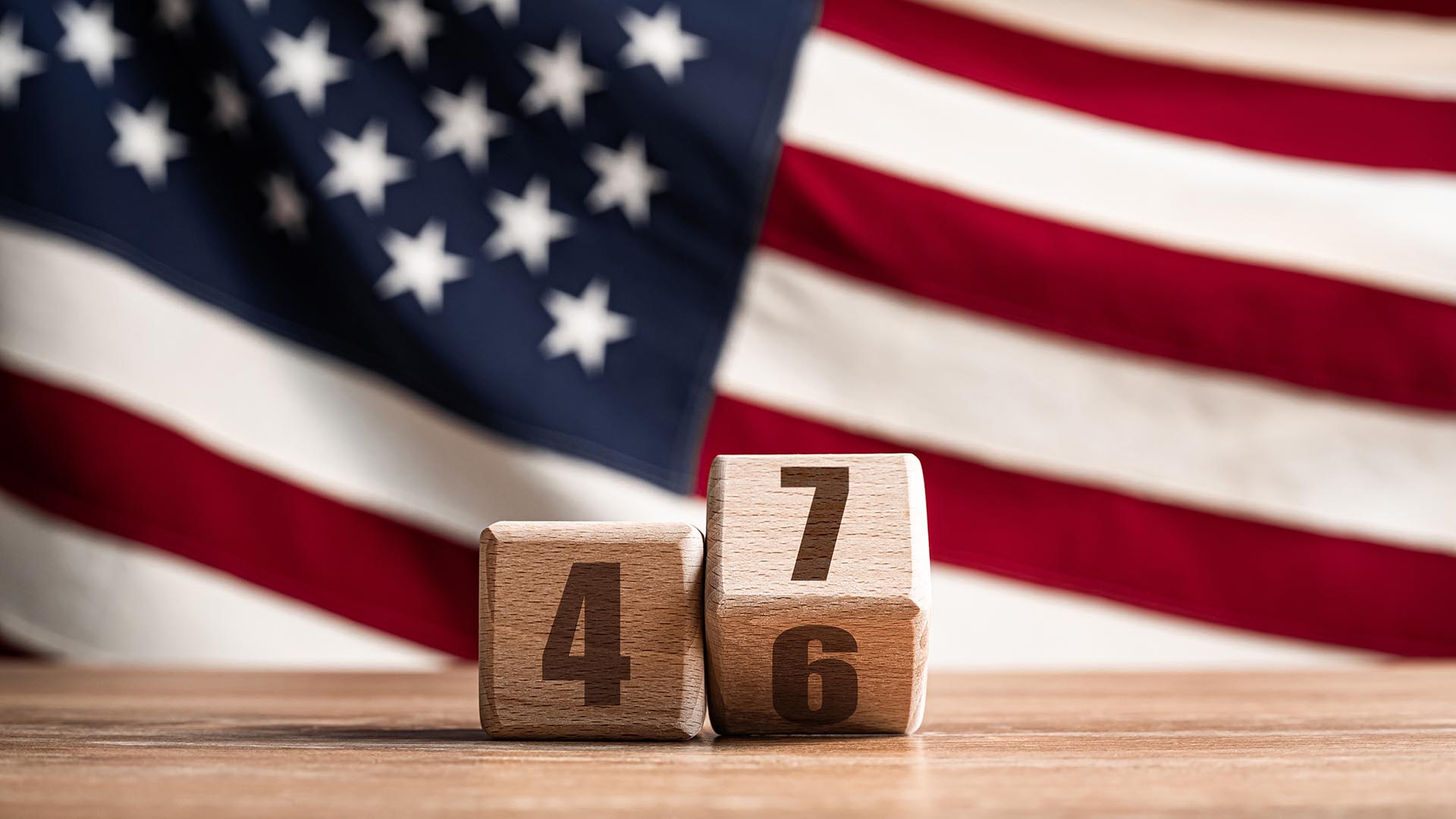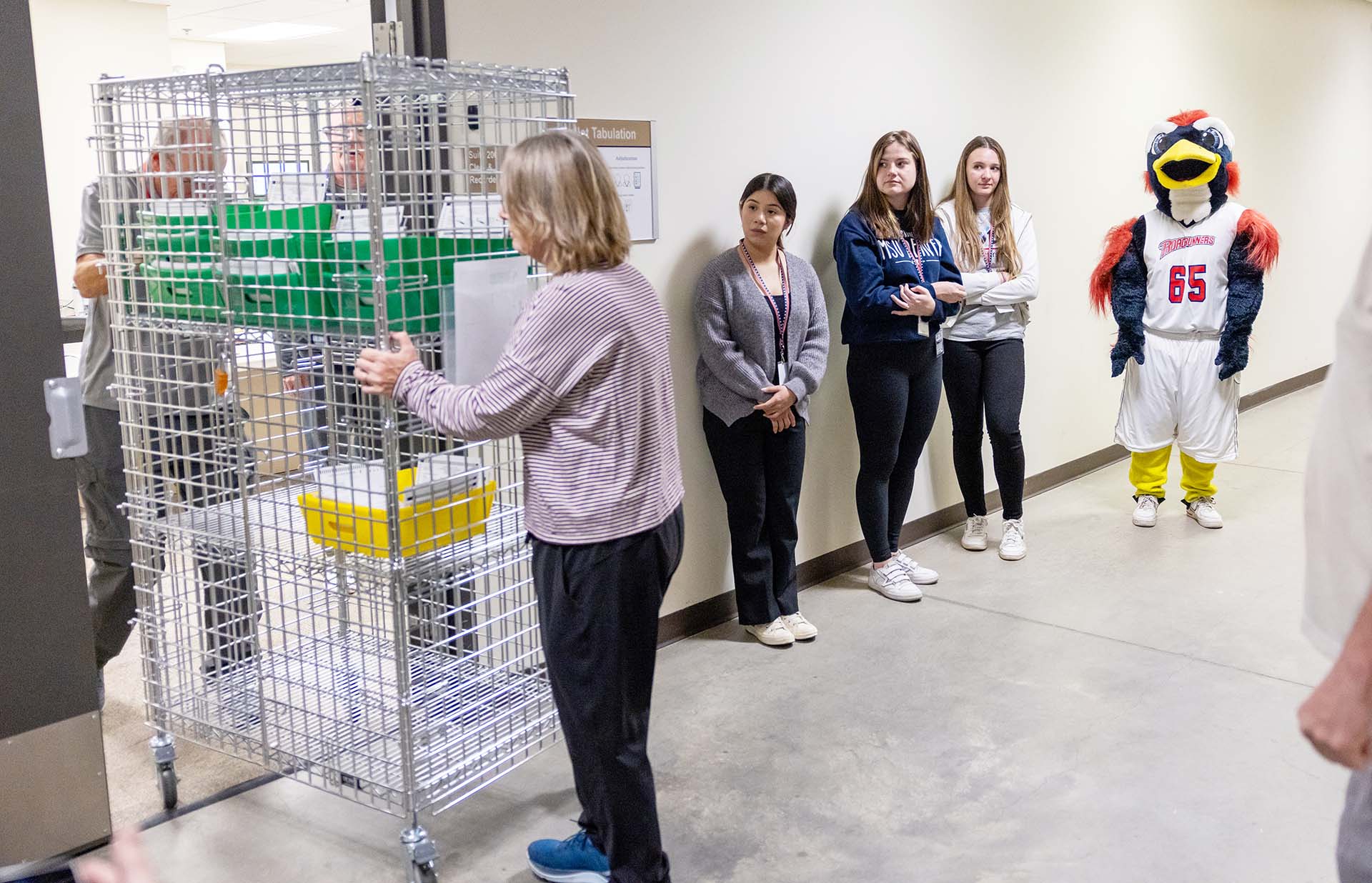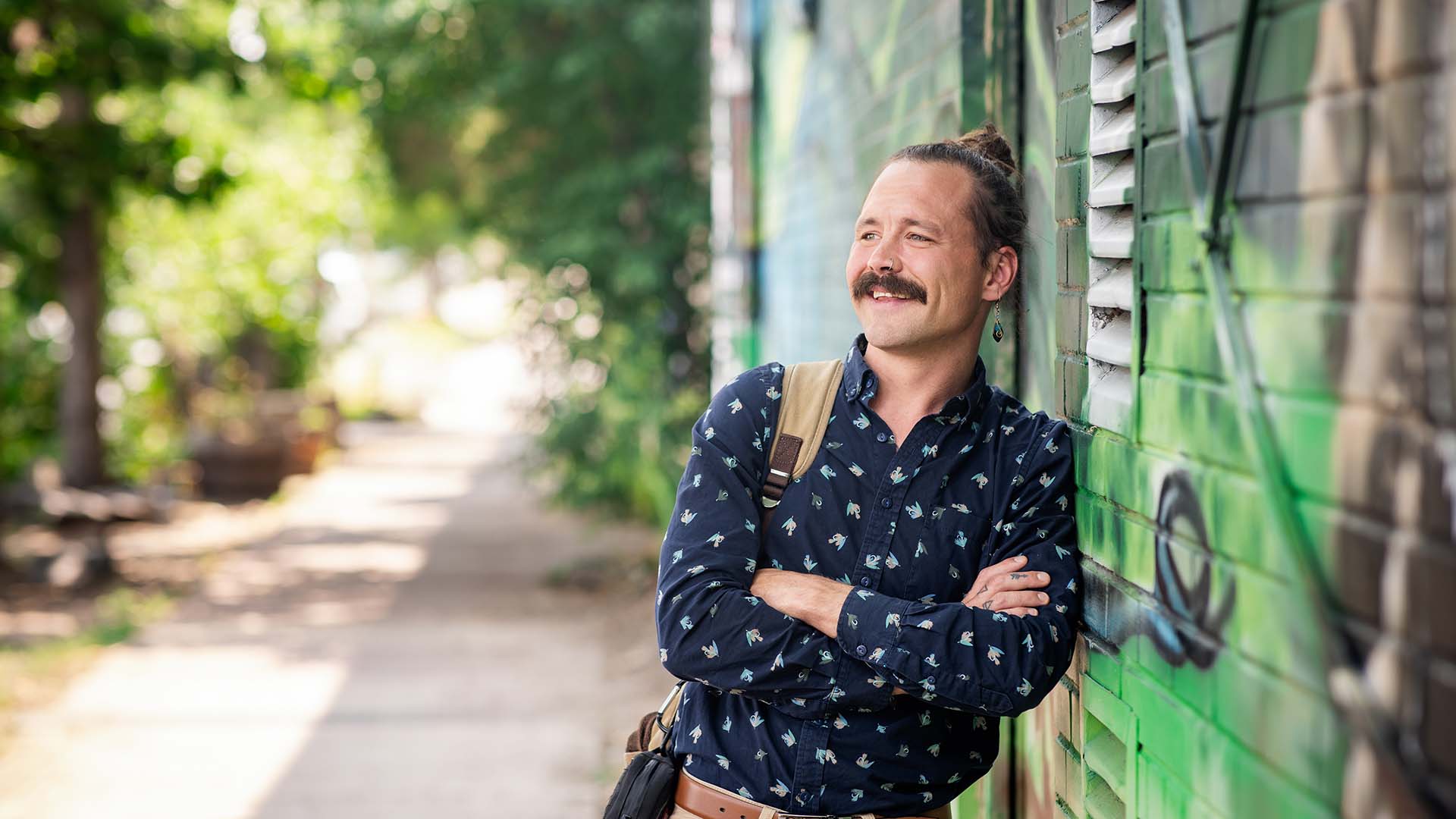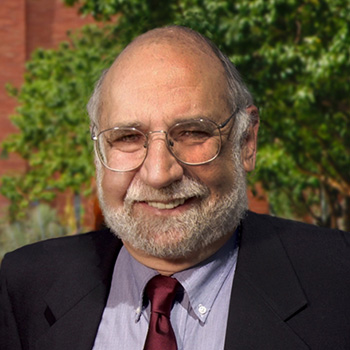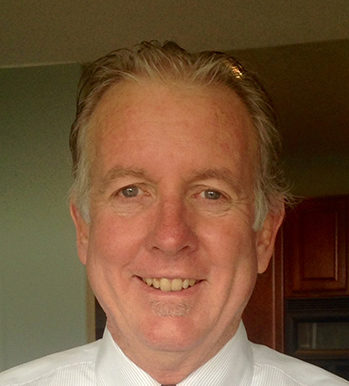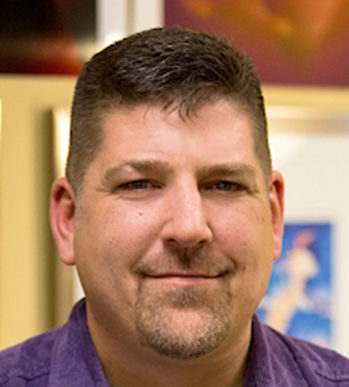Violence against journalists in the spotlight
WATCH: A panel of journalists and criminal-justice experts discussed the rising threats to journalists covering protests.
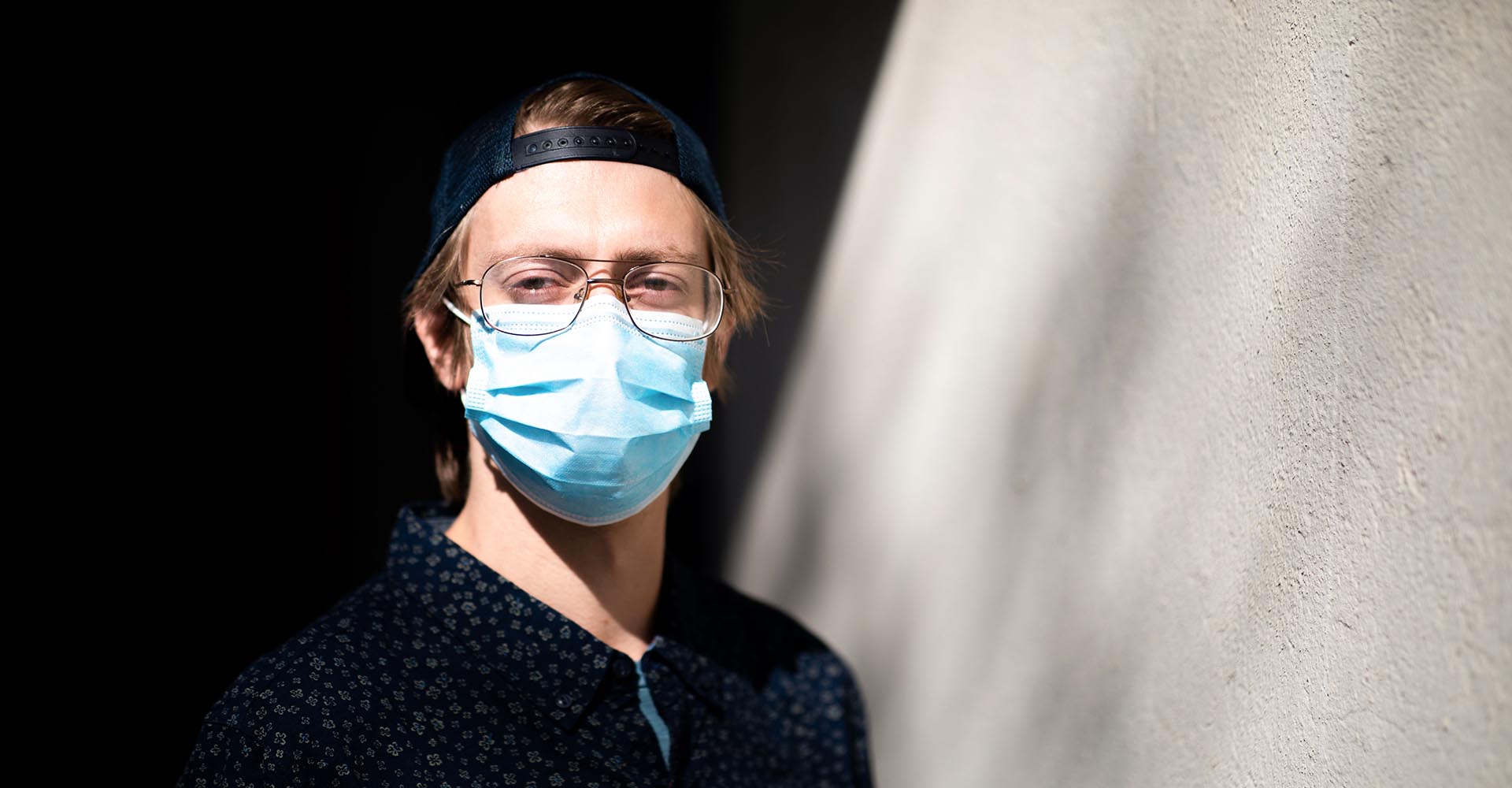
A Metropolitan State University of Denver panel discussion Friday on the safety of American journalists turned tragically prescient some 24 hours later when a protester was killed outside Civic Center park.
Matthew Dolloff, 30, was arrested Saturday on suspicion of first-degree murder after the shooting of a protester, according to the Denver Police Department. Dolloff was a private security guard contracted through Pinkerton by Denver television news station KUSA to protect its journalists covering protests.
The reasons why journalists in 2020 require private security to cover protests were among the topics discussed during “Documenting Division: Safety in Journalism.” The panel, hosted by MSU Denver student news platform Met Media, was moderated by Alfonzo Porter, editor in chief of Denver Urban Spectrum and an MSU Denver journalism alumnus, and featured Cary Aspinwall, investigative reporter with the Marshall Project; William Gaines, lecturer in MSU Denver’s Department of Criminal Justice and Criminology; Susan Greene, reporter for the Colorado News Collaborative; and Robert Thomas, retired senior law-enforcement official.
“Reporters in the U.S. have been attacked by both police and protesters while covering demonstrations,” Porter said. “Never before have U.S. journalists been subjected to so many death threats or had to turn so often to private security firms for protection.”
The panel came together in the wake of Met Media reporter Charles Schwaebe being doxxed (publicly and maliciously identified online) after covering last month’s March on Washington protests. A right-wing provocateur filmed him and then posted personal information to Twitter, resulting in an onslaught of digital harassment.
“One thing that’s really troubling is that you’re more of a target when you’re clearly labeled as a journalist,” said Schwaebe, who is pictured above.
The journalism major and philosophy minor recommended that those covering similar events stay together in groups and noted the challenge of self-perception.
“It’s important to understand that even these aggressive groups are coming from a place where they feel like they’re doing something good,” Schwaebe said. “That’s what makes it tough.”

